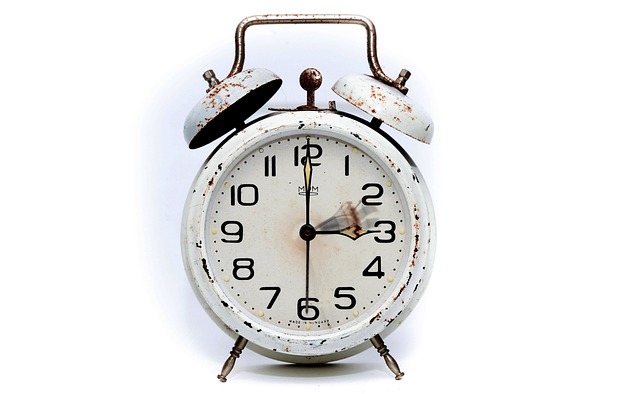In our ever-connected society, the term digital detox” has gained significant traction as individuals increasingly recognize the toll that constant exposure to technology can take on their mental health. With smartphones, social media, and a plethora of digital devices at our fingertips, the line between virtual connection and real-world interaction has blurred, often leading to feelings of anxiety, depression, and isolation.
When we think about mental health, it is essential to consider how our technology habits shape our emotional and psychological well-being. Many people find themselves mindlessly scrolling through social media feeds, seeking validation from likes and comments while simultaneously feeling more disconnected from those around them. This paradox highlights a crucial issue: as technology advances, our humanity seems to take a backseat.
Embarking on a digital detox involves setting aside these devices for a designated period, creating a much-needed space for reflection, reconnection with oneself, and fostering real-life relationships. This practice encourages individuals to engage more deeply with their surroundings and experience the world without the filter of a screen. Studies have shown that unplugging can lead to reduced stress levels, increased focus, and improved overall mood—benefits that are essential for nurturing our mental health.
During a digital detox, individuals often report feelings of liberation as they step away from the constant barrage of notifications and curated lives presented online. This period of disconnection can pave the way for stronger connections with family and friends, deepening relationships and enhancing social skills that may have been dulled by our reliance on digital communication.
Moreover, disconnecting from technology can inspire creativity and mindfulness, allowing individuals to explore hobbies, engage in self-care, and rejuvenate their minds. Engaging in activities such as reading, journaling, or simply enjoying nature can have profound effects on our mental health, proving that sometimes, the best way to reconnect with ourselves is to unplug from the digital noise.
As we navigate a technology-driven world, prioritizing our mental health becomes increasingly vital. The practice of a digital detox is not merely a trend; it is a necessary response to an overwhelming environment. By taking active steps to unplug and rediscover the joys of face-to-face interaction, we can reclaim our mental well-being and foster a healthier relationship with technology.
Incorporating regular digital detox periods into our lives can support mental health by offering a refreshing perspective—a reminder of what truly matters in a world that often prioritizes screens over human connection. By understanding the balance between technology and humanity, we can build a future where our mental health is cherished and nurtured.




